Patent Africa
Africa has a total population (growing at +2.74% pa) similar to China, and a total GDP (growing at +5% pa) similar to India. However, Africa comprises 54 countries. So, where does one register a PCT national phase patent in Africa?
By registering only 4 African national phase patents, you can capture 77% of the total African GDP and just under two-thirds of the total African population.

Our suggestion is to file the following patents in Africa:
- South African national phase patent for only US$475. South Africa has a GDP of US$350,779m and a population of 52,982,000. It is the main hub in Africa and a member of BRICS (together with Russia, China, India and Brazil). The most affordable South African national phase patent filing ($199) is offered by GlobalIPCo (for whom we are the exclusive South African agent).
- Nigerian national phase patent for under US$1,300. Nigeria has a GDP of US$522,470m and a population of 177,096,000. It is the most populous country in Africa and the prominent power in central/northern Africa. The most affordable Nigerian national phase patent filing ($280) is offered by GlobalIPCo.
- ARIPO regional patent for under US$2,800. ARIPO covers 17-19 (depending on the PCT filing date) mainly Southern African English-speaking countries with a total GDP of US$329,551m and a population of 282,737,000. The ARIPO patent filing fee may be reduced by designating only select member countries. See our tips on selecting ARIPO countries.
- OAPI regional patent for under US$2,750. OAPI covers 17 mainly Northern African French-speaking countries with a total GDP of US$182,764m and a population of 170,822,000.
The benefits of using African regional systems, such as ARIPO and OAPI include:
- Significantly reduced filing and prosecution costs.
- Simplified patent filing and prosecution, as applicants deal only with efficient and appropriately skilled regional patent offices.
- English patent specifications may be registered (without translation) in member countries even where English is not an official language, as the regional law trumps the local laws.
- Regional ARIPO and OAPI laws often cover up fissures in local laws.
Furthermore, South Africa and Nigeria do not examine patents, so little to no additional cost should be incurred during prosecution of these patents.
